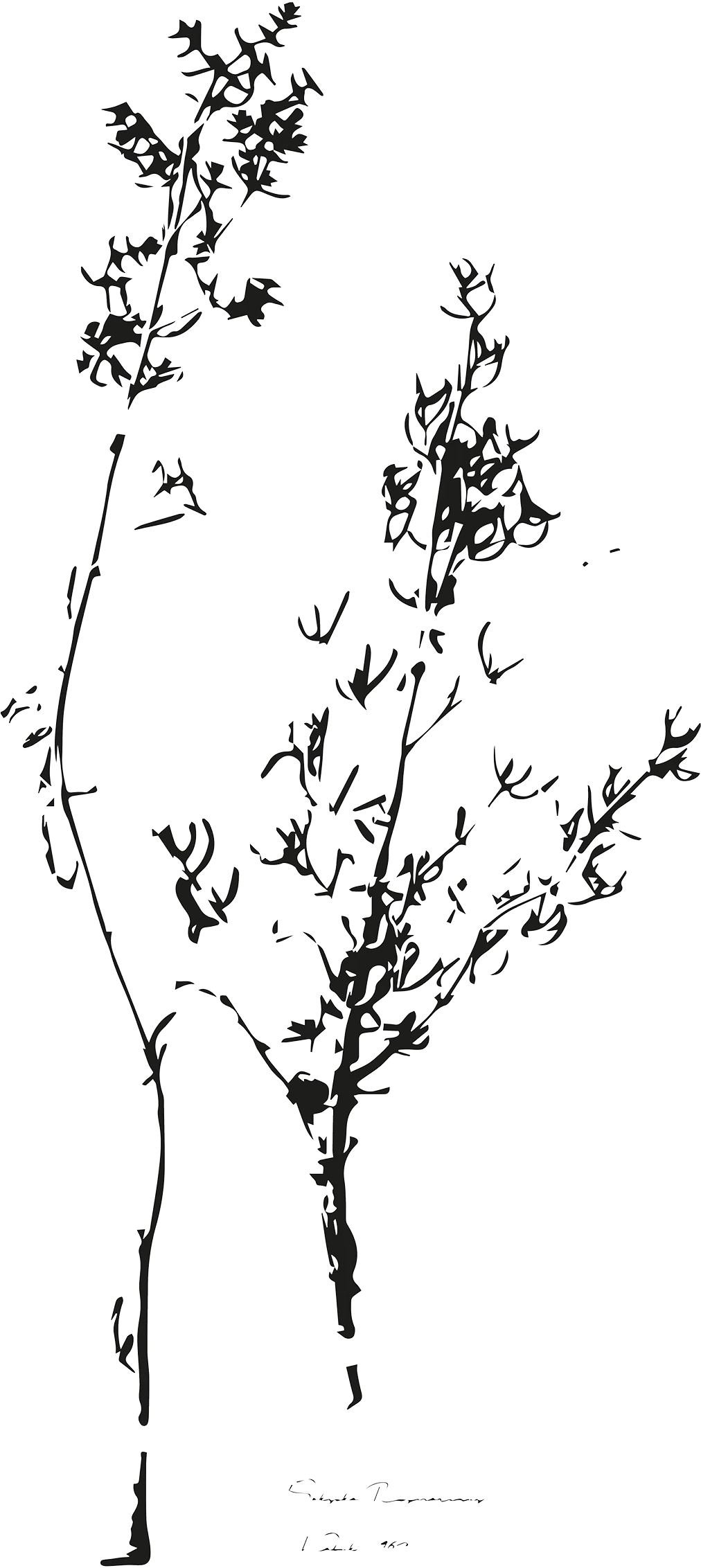Balkh: “The Mother of All Cities” | Shabnam Nasimi
Long before Rome’s power, Babylon’s hanging gardens, or the great palaces of Persepolis, there was ‘Balkh’—the shining jewel of the ancient world. To the Greeks, it was known as ‘Bactra’, a land of wealth and learning; to the Persians, ‘Zariaspa’, the city of "golden horses." When Arab historians first set foot in the city, they named it Umm al-Bilad, "The Mother of All Cities," impressed by its wealth and antiquity.
Years ago, I visited some relatives in Balkh—a branch of my father’s extended family who had lived there for many generations. I arrived one afternoon, stepping into an old home with a small courtyard. Outside, a dastarkhwan (a traditional spread) was set up with trays of tea and dried fruit. The scent of cardamom and rosewater was noticeable as soon as I entered, lingering in the very warm air. I had just settled onto a low cushion when someone introduced me to an elderly woman seated near the far wall.
Gul Bibi sat upright, her white hair covered by a simple scarf. She was blind, her eyes clouded, yet when I greeted her quietly, she turned her head, listening closely as though trying to place who I was through the sound of my voice.
“You have come to Balkh,” she began, not as a question, but a statement of gentle fact.
Before I could find the right words to explain who I was or why I had come, she spoke again. Her voice was worn but steady. “You are new here,” she said quietly, almost smiling. “I have not heard your voice before. Come closer.” I obliged, shifting over the cushions until I sat close enough for her to hear my breath. I told her I was visiting from London, and it was my first time in Balkh. She responded, mentioning the city’s name with reverence:
This land you stand upon is older than the stories that have reached your ears.
It was at this point, as I listened in respectful silence, that she started to tell me about Balkh. It was clear she was ready to share the city’s tales, epics, and forgotten stories. From that moment on, I remained quiet, letting her words lead me deeper into the city’s long history.
According to Persian legend, Balkh was where the Iranic people first settled, descending from the north of the Amu Darya between 2000 and 1500 BCE. It was said to be founded by Keyumars, the mythical first king of the world, as told in Ferdowsi’s Shahnama. Zoroastrian tradition goes further, declaring Balkh one of Ahura Mazda’s ‘Sixteen Perfect Lands’, where the first sacred fire was lit.
“Before Balkh looks as it does now,” she said, “wise Zoroaster was born here and walked these lands. Some say he first preached the words of Ahura Mazda beneath the city’s very sky. Legend claims he converted the mighty King Vishtaspa here, at a time when unseen demons still roamed. The king, stern and regal, listened with patience to the prophet’s words and, upon understanding their truth, granted Zoroaster his protection in Balkh.”
As centuries passed, Balkh blossomed into a city where ideas flowed as freely as goods. It became a melting pot of cultures and philosophies, where Zoroastrian priests debated Buddhist monks, and the seeds of Islamic mysticism were planted. Among the great minds that emerged from Balkh was Avicenna (Ibn Sina), one of the greatest physicians and philosophers of all time, whose works on medicine and metaphysics influenced scholars from Andalusia to India for thousands of years to come.
As she went on telling me Balkh’s tales, the elderly woman’s tone brightened, as if she were recalling a long lost friend rather than a distant literary figure. “You know Ferdowsi?” she asked. When I nodded, her voice took on a certain excitement. “Before Ferdowsi completed the Shahnama, there was another son of Balkh—Daqiqi Balkhi—who first set pen to paper. Under the patronage of the Samanid rulers, Daqiqi began composing the first 1000 verses that would become the foundation of our greatest Persian epic. Sadly, his death left the work unfinished. But Ferdowsi honoured him, building upon that early effort and ensuring that Balkh’s name would always be linked to one of the greatest Persian literature.”
Glancing around, I saw others listening too, drawn in by her voice.
“Balkh appeared in the Shahnama as one of the royal and noble courts within Greater Persia’s mythical geography.”
One of the many legends rooted in Balkh from the Shahnama was the love story of Goshtasp and Katayun. Goshtasp, a young prince exiled from the Persian court, found refuge in Balkh. The city’s heavenly gardens, grand temples, and sacred fire left him awestruck. Fate brought Katayun, the daughter of a Roman Caesar, who had come to Balkh on a mission to strengthen alliances. She was renowned for her wisdom and grace, her beauty likened to the moon. When Goshtasp first saw her at a courtly gathering, their connection was instant and undeniable. But their union was not without challenges. Katayun’s father opposed the match, dismissing Goshtasp as a disgraced prince. To prove his worth, Goshtasp vowed to defend Balkh from a looming invasion by Turanian forces. Inspired by his love for Katayun and the city’s beauty, he led Balkh’s defenders into battle. With the guidance of Zoroastrian priests and the determination of its people, Goshtasp triumphed, securing peace for the city. The couple’s love was celebrated with grand festivals, and together they established Balkh as a centre of Zoroastrian faith, commissioning temples where the eternal flame burned brightly.
“And let us not forget the figure Iskandar,” she said.
Alexander the Great—whom some call a hero and others a cunning conqueror. The folk here remember him too, if only in the quiet mutterings of old men in street corners over cups of tea. The city he admired or subdued (who can say which?) withstood the trials of centuries long after he vanished like smoke. And so, in Balkh’s stories, you might find a Greek king peering through dusty archives, marvelling at knowledge older than his armies.
By 329 BCE, Balkh, then known as Bactra, had become a key stronghold of the Persian Achaemenid Empire. After defeating Darius III and pursuing him eastward, Alexander marched into Bactria, taking Balkh with little resistance. During his time in Balkh, Alexander encountered Roxana, the daughter of a local Bactrian nobleman, Oxyartes. When he first saw her, it is said her hair shone like spun gold, and her presence was as radiant as the goddess Aphrodite herself. Captivated by her beauty and grace, he married her almost immediately.
Of all the figures tied to Balkh, none embodies its essence more than Mawlana Jalaluddin Rumi Balkhi, born in Balkh in 1207, the world-renowned mystic and poet. Rumi’s early years were shaped by the city’s culture of spirituality and learning. As a child, it is said that Rumi would often accompany his father (who was known as the Sultan al-Ulama or "Sultan of the Scholars”) into the city’s gardens and courtyards, where his father would hold gatherings with scholars, mystics, and poets.
Years later, after the family fled Balkh to escape the Mongol invasions, Rumi would remember Balkh as the beginning of his spiritual awakening. Rumi’s poetry often frames “homeland” not as a physical location, but as the original spiritual source from which all beings have been separated:
“Ever since they cut me from the reed bed,
My cry has caused men and women to weep.
I seek a heart torn by longing,
To share the pain of this separation.”
It matters deeply to me that, in my writing, I speak of women whose names have been pushed aside by traditional histories.
“You’ve heard of Rabia Balkhi?” the elderly woman asked me.
“Ah, child, listen. She lived long ago in the old city of Balkh, back when no one expected a woman to write poetry. Yet Rabia refused to be confined.
Born into a noble family, her father an Emir, she challenged the belief that poetry and literature belonged only to men. And when she fell in love with Baktash, a Turkish slave in her brother’s service, the scandal was too great to bear for a princess. Enraged, her brother threw Baktash into a well and locked Rabia in a hamam. Wounded and alone, Rabia took her own blood and wrote her last verses on the walls, leaving behind a legacy that defied societal expectation, and become a household name in Balkh.
Many think she died for a man, but understand this: through Baktash, she reached for something greater, for a path to the divine. In that final act, she proved that a woman’s voice, no matter how much the world tries to stifle it, can still echo and rise.”
By the 13th century, Balkh’s golden age came to a brutal end.
In 1220, Genghis Khan’s armies swept through the city, burning and destroying its temples, libraries, and markets. The sacred flames of Zoroastrianism were extinguished, its scholars slaughtered, and its streets reduced to ash. For days, the city smouldered, and its grandeur was lost to conquest and violence.
A tear glistened at the corner of Gul Bibi’s unseeing eye, though her voice did not falter. Travellers like Marco Polo later stood above the wreckage, gazing at broken stones and toppled columns, and spoke of Balkh’s former glory, describing it as "a noble city and a great seat of learning."
Balkh’s memory lived on in Rumi’s poetry, Avicenna’s scholarship, and the verses of the Shahnama, as well as through countless other scholars, philosophers, and poets who shaped our world—though over time, many have forgotten to trace these legacies back to its ancient streets.
She turned her face towards me, unable to see, yet fully aware of my presence.
“Do you understand now, child? Balkh is more than just distant names or what you see today. It is an idea, a memory woven into the human spirit. Great cities are not defined solely by their buildings or wealth, but by the ideas they nurture, the faith they inspire, and the stories they pass on. That is what remains when armies depart and centuries crumble.”
The old house fell silent, as if everyone held their breath, unwilling to disturb the spell. I realised that my tea had gone cold, and it was time to go.
After a long moment, she reached out a hand, and I gently placed my own beneath it. Her touch was cool, her grip light, but I felt the weight of all she had shared. In that unspoken exchange, I knew I carried something precious now, a piece of Balkh’s soul, to keep and to remember—and, one day, to pass on.
-
Shabnam Nasimi is the co-founder of FAWN (Friends of Afghan Women Network). She served as a senior policy advisor to the UK Minister for Refugees and Minister for Afghan Resettlement. She is a writer, commentator and a human rights advocate.






